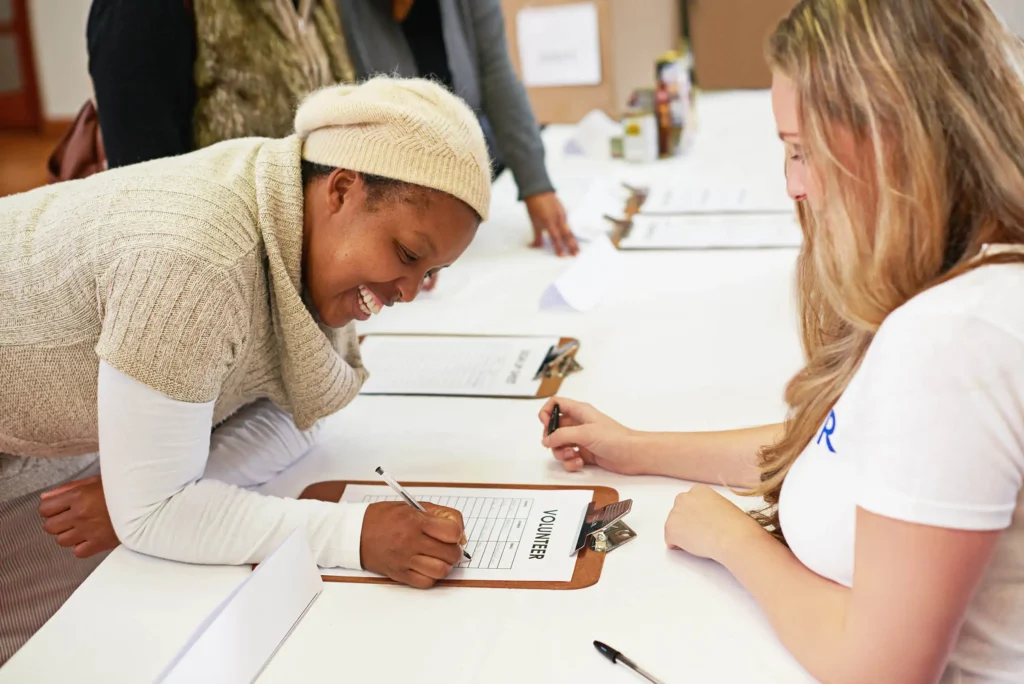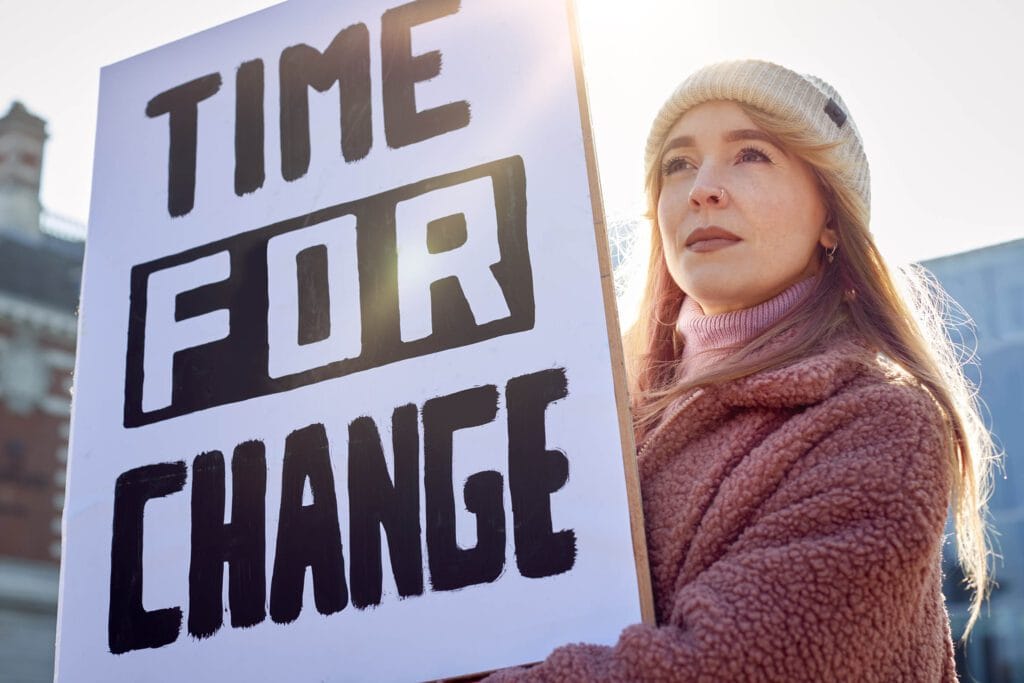When Social Media Shuts Down Your Advocacy, What Comes Next

For many advocates, social media has become the default place for political expression. It is where information moves quickly, ideas circulate, and support feels visible. Because of that, when a platform suspends an account, throttles content, or limits reach, it can feel as though advocacy itself has disappeared. In reality, something else usually happens. What […]
Campaigns Need Advocates, Not Just Volunteers

Political campaigns often track visible metrics such as volunteer sign-ups, doors knocked, and calls made. These numbers matter. However, they do not tell the full story of how support spreads or how trust forms inside a community. In reality, campaigns that withstand scrutiny, skepticism, and moments of uncertainty rarely rely on volunteer numbers alone. Instead, […]
What Most People Get Wrong About Contacting An Elected Official

For many people, contacting an elected official feels like something you’re either qualified to do—or not. They imagine needing the right language. The right issue knowledge. The right tone. They worry about bothering someone, saying the wrong thing, or being dismissed entirely. So they wait. Or they assume it only matters during an election year. […]
Not Running This Year? You’re Still Building Political Power

In election years, political participation often gets framed in binary terms: either you are running for office, or you are on the sidelines. That framing misses reality—and it undermines long-term leadership development. For many women, choosing not to run this year reflects strategy, not retreat. When approached intentionally, this period can become one of the […]
Choosing the Right Purse for a Political Rally

Jump to our style lookbook! When planning to attend a political rally, it’s easy to focus on your outfit, the weather, and what message you want to convey through your presence. But there’s one practical detail that can make or break your experience: your purse. The right purse for a political rally isn’t just a […]
What to Bring (and Not to Bring) to a Political Rally

Political rallies are powerful gatherings that unite people around important causes, campaigns, and messages. Knowing what to bring (and what to leave behind) is essential for maximizing both your comfort and your impact. Here’s a detailed guide on what to pack—and what to avoid—to help you prepare effectively for your next political rally. Essentials to […]
The Power of Civic Vigilance

In a democracy, the relationship between citizens and their government is crucial. Active citizen participation is essential for democracy to thrive, and one of the most important aspects of this engagement is civic vigilance—closely monitoring government actions. While voting is often seen as the primary way citizens engage, consistent observation and scrutiny of government decisions […]
The Importance of Self-Care During an Election

In the throes of election season, the atmosphere is often charged with anticipation, stress, and relentless activity. For candidates, campaign staff, and even voters, the intensity can be overwhelming. Amid the whirlwind of debates, canvassing, and media appearances, self-care during an election might seem trivial or indulgent. However, prioritizing self-care during an election is not […]
Political Change in One Hour a Week

Political change can feel like a monumental task, but that doesn’t mean it is impossible. We made a list of our favorite things to do to further your cause where just one hour a week can create ripples of change. 1. Engage in Micro-Volunteering: Micro-volunteering involves small, bite-sized tasks that usually require minimal commitment and […]
Protections for Political Speech

Political speech is a fundamental part of any democratic society. It allows individuals to express their opinions on matters of public interest, debate ideas, and criticize the government without fear of persecution or censorship. In the United States, political speech is protected by the First Amendment of the Constitution. It guarantees freedom of speech and […]
